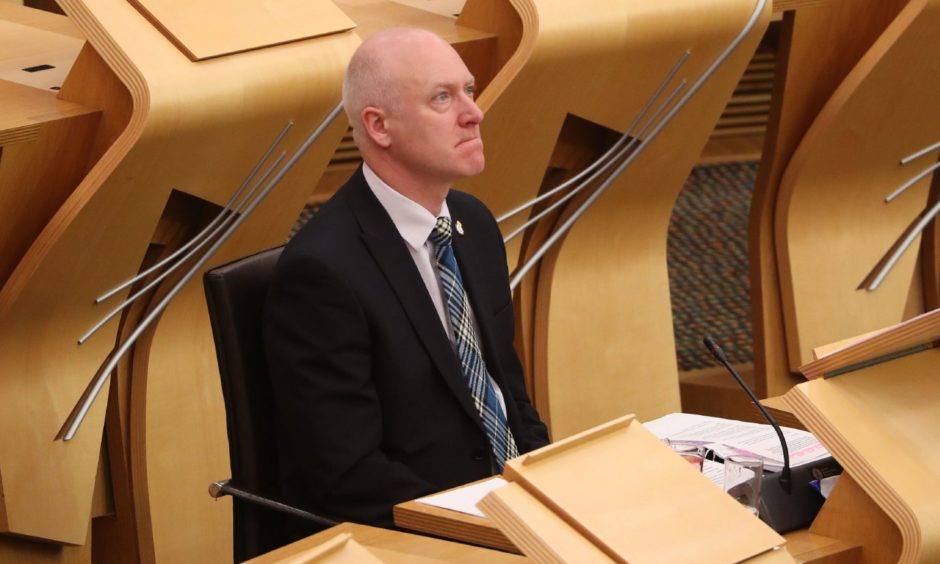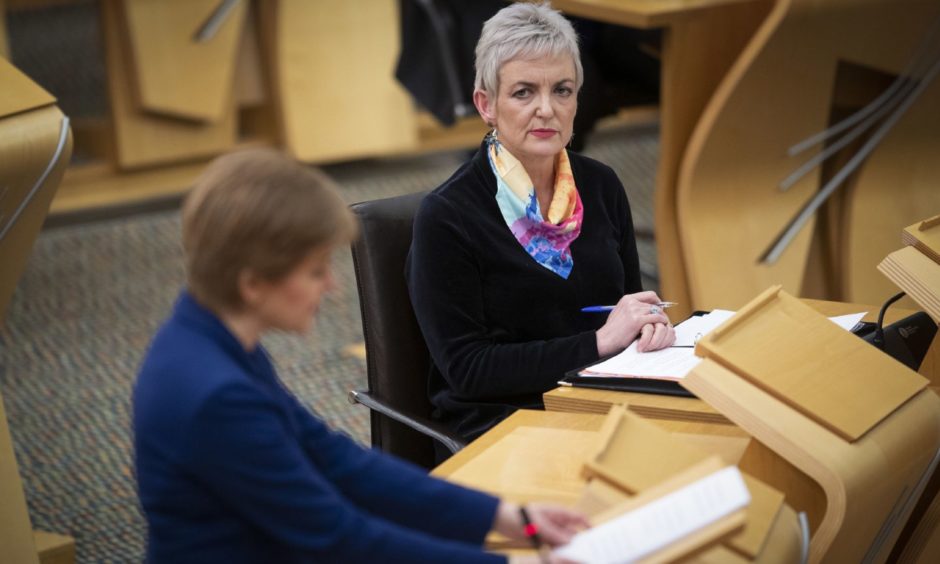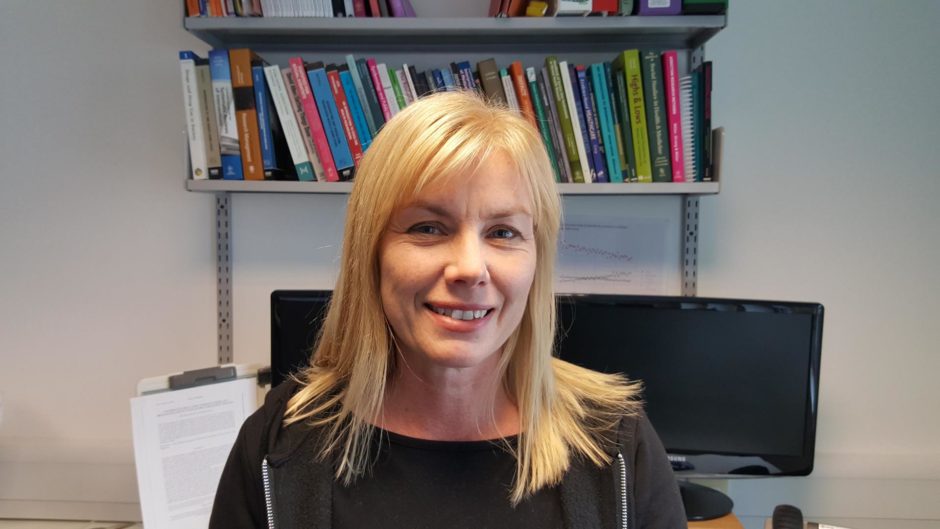Drug deaths hotspots like Dundee must be given “focused attention” to turn around Scotland’s harrowing record on overdoses, MSPs have been told.
Drugs policy minister Angela Constance told members of Holyrood’s health and sport committee no area should be left behind, including in rural communities, as part of the “national mission” to tackle the crisis.
Ms Constance was brought into the newly created post following the resignation of public health minister Joe FitzPatrick in December after drug-related deaths in Scotland reached a record high of 1,264 for 2019.
The figure was branded a “national disgrace” by First Minister Nicola Sturgeon earlier this year, as she admitted “more should have been done” to get to grips with the crisis and announced £250 million of new funding.
Ms Constance, who appeared before the health committee to give evidence on the government’s plans to turn things around and on what impact the pandemic has had on communities, already pledged not to shut the door on bold action.
But she was was asked by convener Lewis Macdonald whether measures rolled out by the Scottish Government will now be focused on areas with the highest rate of drug deaths, such as Dundee, Glasgow and Inverclyde.
Focused attention
Ms Constance said: “The areas with the highest rates of drug deaths are also the areas of highest rates of deprivation, and we need to pay focused attention to where the problem is most acute.
“To help with that, some of the initial emergency funding that we released – in particular the £3 million to alcohol and drug partnerships – was allocated taking into account the proportion of drug deaths in a particular local authority area.
“It’s also important to say that this is a national mission. We can’t be leaving behind any area of Scotland.”
Ms Constance said she is “very conscious about the needs of rural Scotland” and admitted that “some of the issues and difficulties there, particularly in terms of delivering services, can be quite different”.
“I think we always need to be giving special consideration and flexibility to our island communities,” she said.
“So, absolutely we need to be targeting resources to the greatest need, people with the greatest needs, and that points to particular areas of the country.
“But we must do that in a fashion where we leave no part of the country behind because this is, after all, a national mission.”
‘Our worst shame’
In what she described as a statement of intent “to no longer fail those who need and deserve our help”, Nicola Sturgeon set out in January how an additional £50 million will be allocated for each of the next five years to improve services.
As part of the funding pledge, £20 million will be used to provide residential rehabilitation programmes, following calls from opposition parties to replace historical cuts to the schemes, as well as alcohol and drug partnerships.
In a statement to the Scottish Parliament, Ms Sturgeon said she would not “shy away” from her government’s previous failures and gave her strongest indication yet that the Scottish Government could consider decriminalisation, following calls to set up an independent inquiry to consider the issue more fully.
This came after we reported how a top expert in the US, who met with Ms Constance to discuss the issue, believes Scotland should tackle its drug deaths crisis by pushing towards decriminalisation and daring Westminster to block it.
More funding
The Scottish Government announced on Monday that more than half a million pounds will be given to local projects supporting people living with addiction, including £90,000 for Fife Alcohol and Drug Partnership and £60,000 for Angus ADP.
The £514,000 of total funding, which is being distributed by Scotland’s Drug Deaths Taskforce, will be split across eight projects to increase staffing levels in their work with people with complex needs.
The Drug Deaths Taskforce chairwoman, Professor Catriona Matheson, said: “The taskforce is committed to putting evidence into action to save lives. The rapid funding of these research projects highlights the pace at which this is happening.
“The focus of the initiatives confirmed so far – on emergency response to prevent fatal overdose and maximising the range and choice of available pathways for people at risk and with multiple complex needs – will both immediately inform future strategy and help prevent deaths as the projects run.”




